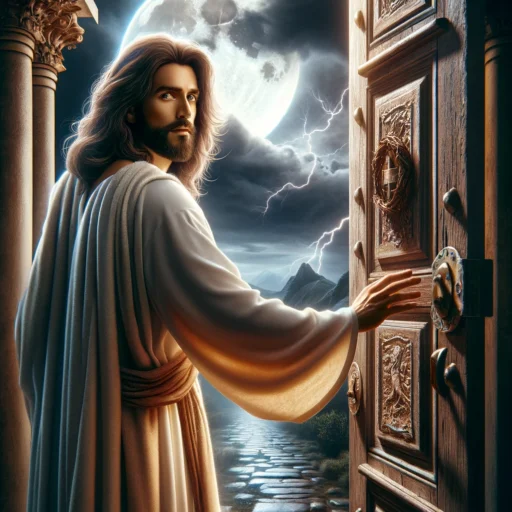Throughout Christian history, including among early Church Fathers and other notable theologians, several arguments have emerged against the Trinity doctrine. These arguments generally fall into theological, scriptural, logical, and historical categories. Below is a structured overview of some notable arguments and notable figures who presented or supported them, dating from the first century through to modern times:
1. Arguments from Scripture and Early Church History
A. Absence of Explicit Trinity Doctrine in Scripture
Argument:
The explicit doctrine of the Trinity (one God in three co-equal and co-eternal persons) is never plainly stated in the New Testament, nor is the word “Trinity” itself ever used.
Notable Supporters:
-
Justin Martyr (100–165 CE): Although influential in early Trinitarian thought, Justin acknowledged Christ as subordinate to the Father, indicating he did not hold to full equality in the modern Trinitarian sense.
-
Tertullian (155–220 CE): First to use the term “Trinity” (trinitas), yet also affirmed Christ’s subordinate role under God the Father, unlike later developed doctrines.
Quote from Justin Martyr:
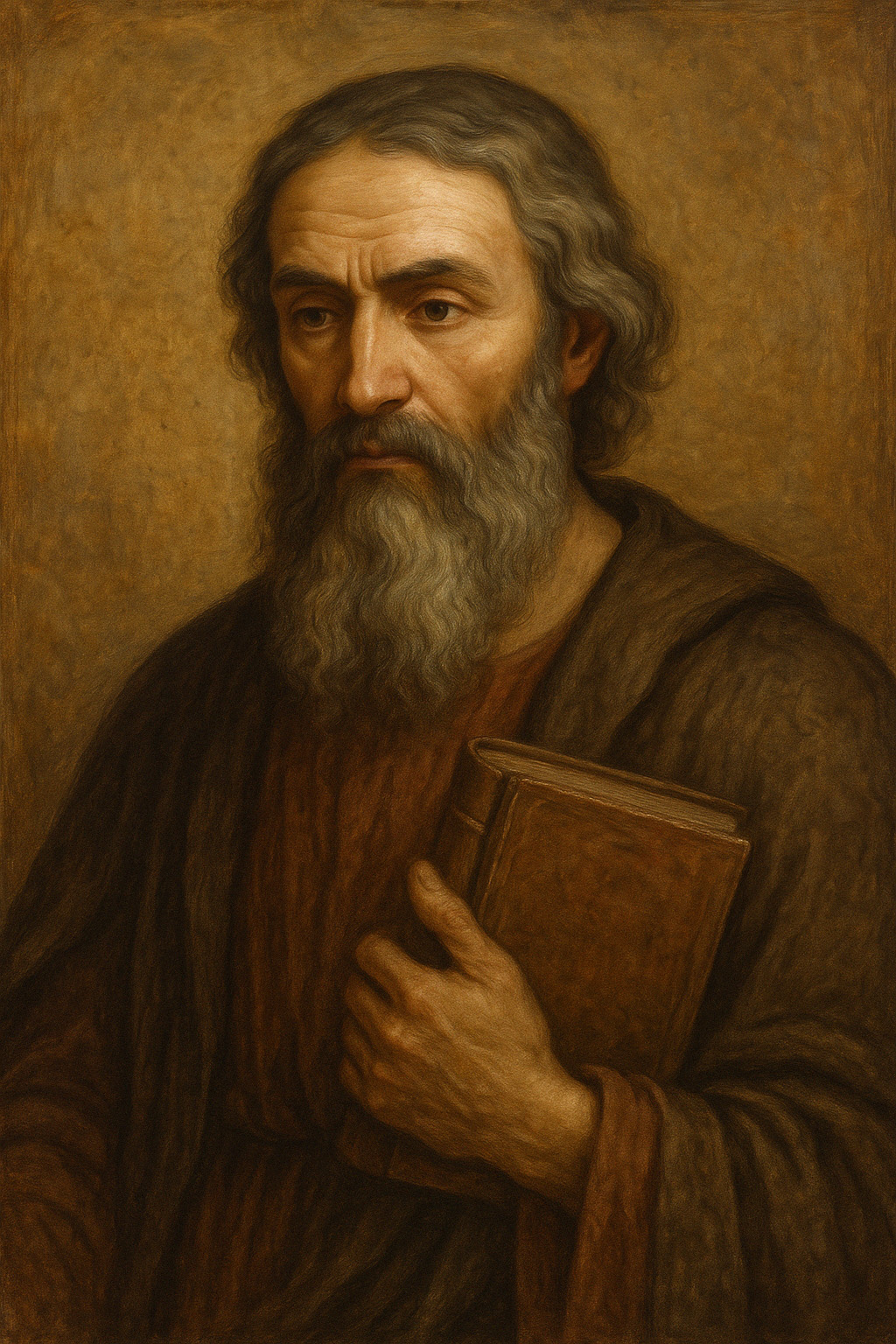
“We reasonably worship him, having learned he is the Son of the true God himself, and holding him in the second place…” (First Apology 13).
B. Early Non-Trinitarian Church Fathers
Argument:
Numerous early church fathers expressed views inconsistent with later fully developed Trinitarianism, typically identifying Christ as a distinct, subordinate figure to the Father.
Notable Church Fathers:
-
Ignatius of Antioch (c. 35–107 CE): Referred clearly to Christ and God distinctly, indicating subordination.
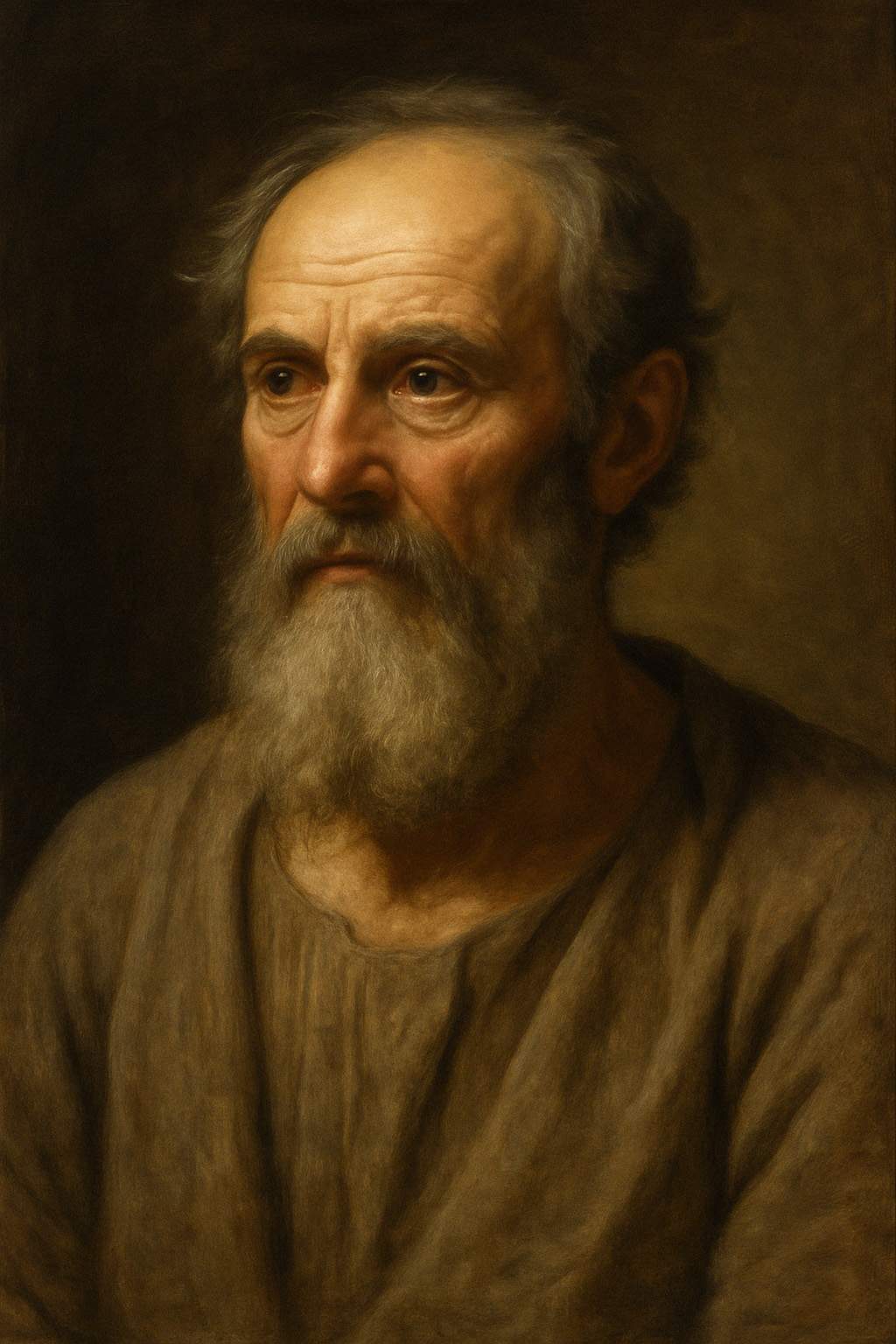
-
Irenaeus of Lyons (130–202 CE): Spoke of the Son as clearly subordinate to the Father, emphasizing Christ’s origin from God rather than equality with God.
-
Origen of Alexandria (184–253 CE): Argued explicitly for subordination of the Son to the Father, emphasizing distinct hierarchy.
Origen’s position:
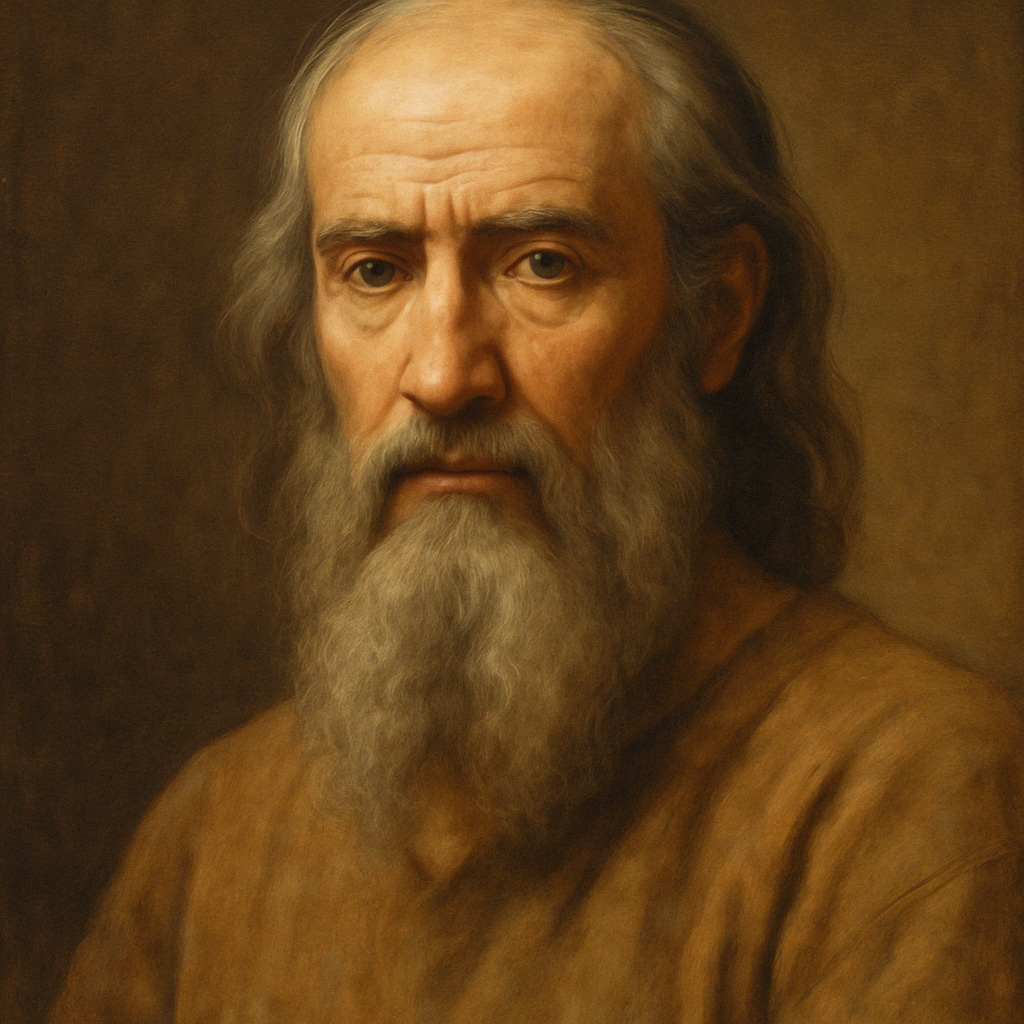
“The Father and Son are two substances, two things as to their essence, but one in agreement, harmony, and identity of will” (Against Celsus 8.12).
2. Arguments Based on Logical and Philosophical Grounds
A. Logical Contradictions in Trinitarian Doctrine
Argument:
The Trinity doctrine is logically contradictory, asserting three distinct and fully divine persons who are each individually fully God yet collectively one God.
Notable proponents:
-
Arius (256–336 CE): Argued logically that Jesus could not be co-eternal and co-equal to the Father without contradiction, asserting that Jesus had a beginning.
-
Michael Servetus (1511–1553 CE): Stressed the absurdity and contradictions in asserting that one God can simultaneously be three distinct co-equal persons.
Arius’s famous phrase:
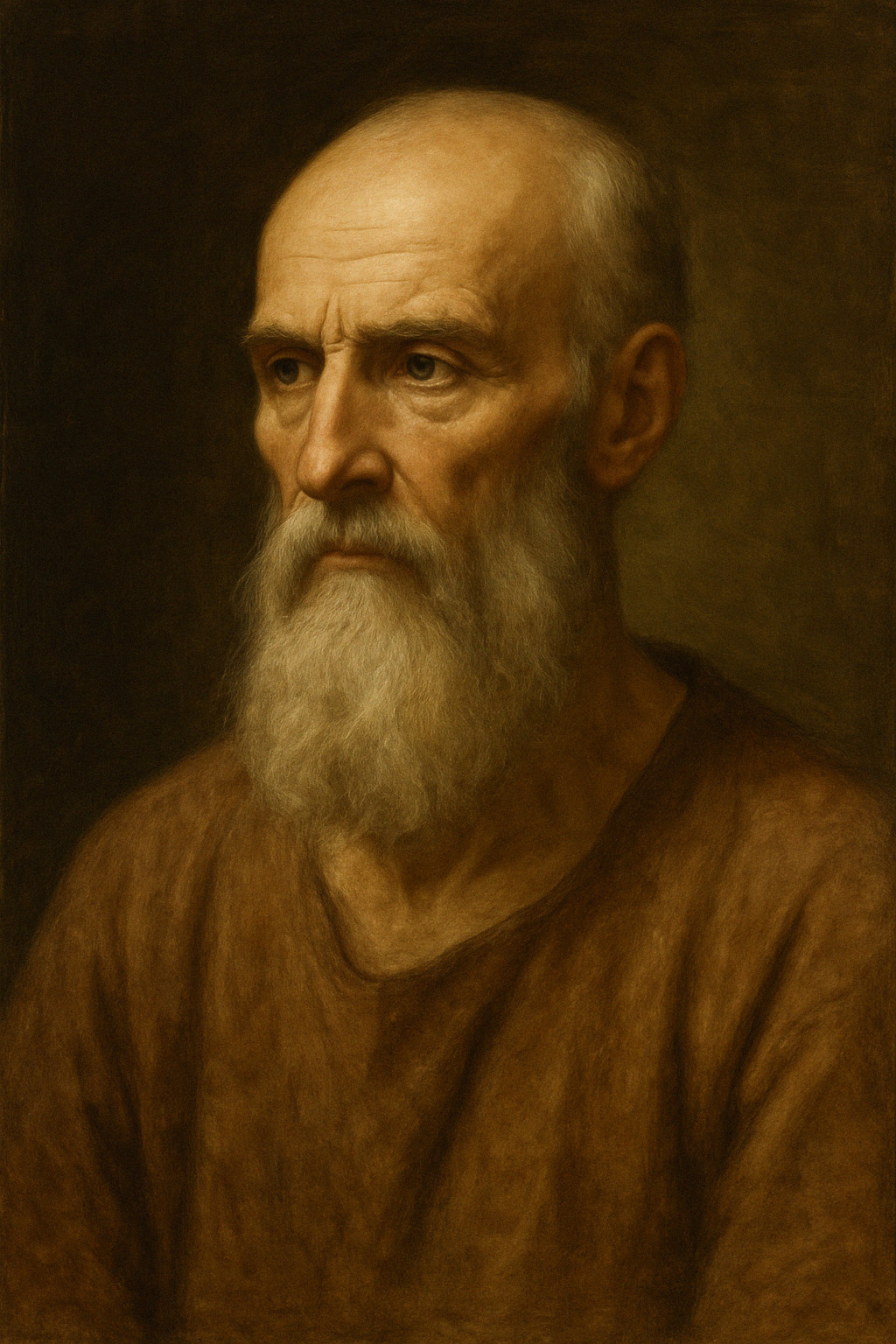
“There was a time when he [Christ] was not.”
B. Argument from Monotheism (Jewish Roots)
Argument:
The strict Jewish monotheism from which Christianity emerged did not leave room for a multipersonal God. Many early Jewish-Christian sects rejected the concept of a Trinity.
Notable groups and persons:
-
Ebionites (1st–4th century CE): Early Jewish-Christian sects, who maintained strict monotheism, rejected Jesus’ divinity entirely or viewed him merely as a human prophet.
-
Paul of Samosata (3rd century CE): Taught a “dynamic monarchianism” where Christ was human, endowed with divine power (adopted by God), but not eternally divine.
3. Historical and Church-Council-Based Arguments
A. Doctrine Developed Over Time
Argument:
The Trinity doctrine was historically developed and imposed by church councils rather than clearly taught by Christ or his immediate apostles. The formulation at Nicaea (325 CE) and Constantinople (381 CE) was a later human construct.
Notable Critics:
-
Isaac Newton (1642–1727 CE): Asserted that early Christianity did not originally teach a Trinity; argued it was a later doctrinal corruption introduced by ecclesiastical authorities and councils.
-
John Milton (1608–1674 CE): Challenged the doctrine in “De Doctrina Christiana,” arguing for biblical monotheism and against the Trinity’s historical imposition.
Newton’s viewpoint:

“The word God is nowhere in Scripture used to signify more than one of the three persons at once.”
4. Biblical Exegetical Arguments
A. Explicit Biblical Texts Suggesting Subordination or Distinction
Argument:
Multiple biblical texts explicitly present Jesus as distinct and subordinate to the Father, which makes the Trinity doctrine’s claim of co-equality problematic.
Key verses cited historically:
-
John 14:28 (“My Father is greater than I.”)
-
1 Corinthians 11:3 (“The head of Christ is God.”)
-
John 17:3 (“This is eternal life: that they know you, the only true God, and Jesus Christ whom you have sent.”)
Historical Advocates:
-
Arius and Arian Christians (4th century onward): emphasized passages clearly showing Christ’s inferiority or subordination.
-
Socinians and Unitarians (16th–18th centuries onward): focused explicitly on these scriptural points.
5. Post-Reformation and Enlightenment Critiques
A. Rationalist Critiques of the Trinity
Argument:
During and after the Enlightenment, rationalists and Deists argued that the Trinity contradicted reason and simplicity, presenting Christianity as complex and irrational.
Notable Rationalist Critics:
-
Michael Servetus (1511–1553 CE): Argued vigorously against the Trinity’s irrationality, leading ultimately to his execution.
-
Faustus Socinus (1539–1604 CE): Founded Socinianism, influential in advocating a rational, non-Trinitarian Christianity.
-
Joseph Priestley (1733–1804 CE): British scientist and theologian who argued rationally against the Trinity, emphasizing the simplicity of scriptural monotheism.
Servetus’s position:
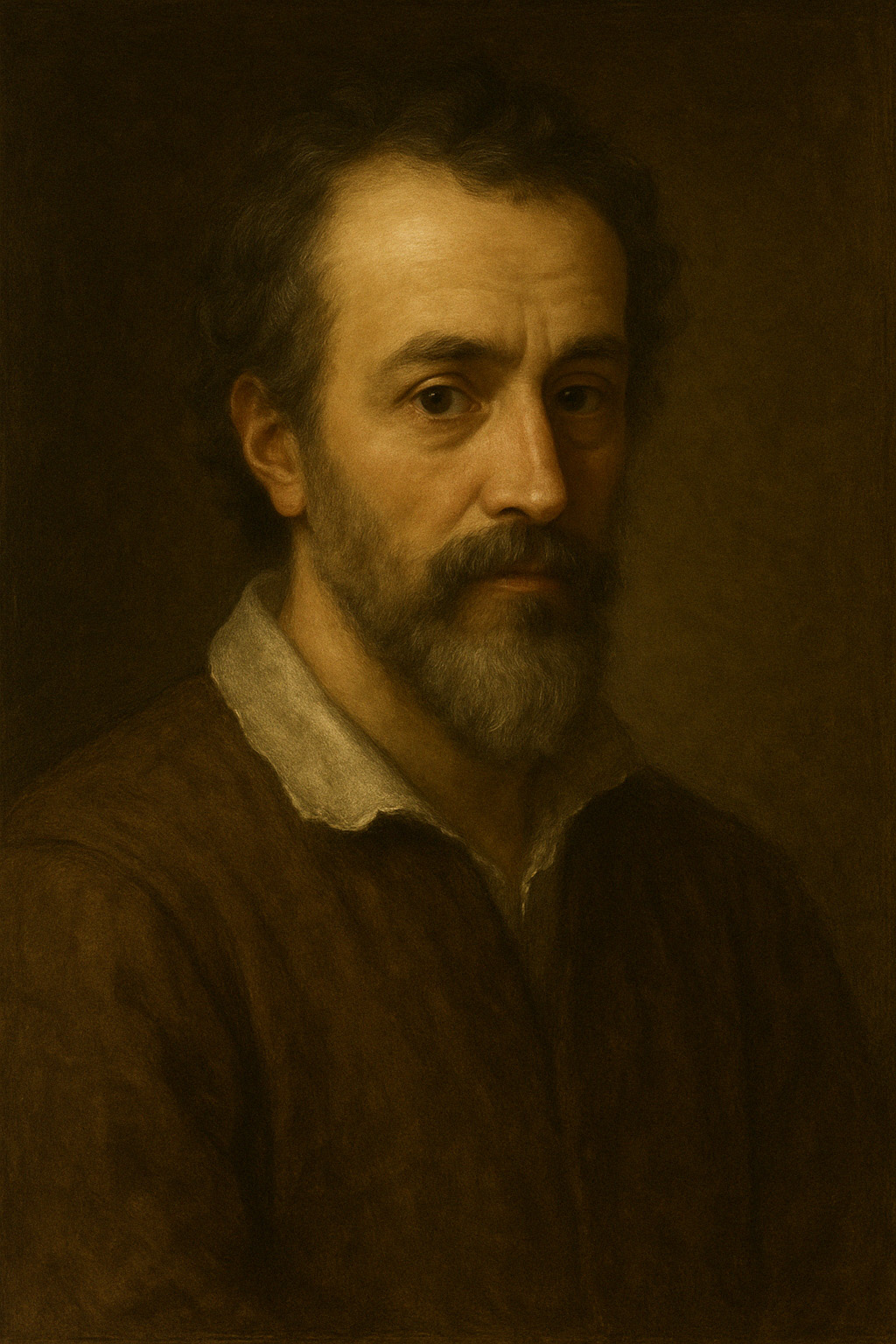
“To believe the Trinity is to say that one God is three Gods; this is logically and biblically impossible.”
6. Summary of Arguments Used Historically Against the Trinity
| Argument Type | Central Idea | Historical Advocates |
|---|---|---|
| Biblical absence | Doctrine not explicitly in Scripture | Justin Martyr (partially), Tertullian (partially) |
| Logical contradiction | Concept is logically contradictory | Arius, Michael Servetus, Socinians, Joseph Priestley |
| Historical development | Doctrine historically developed late | Isaac Newton, John Milton, Historical-critical scholars |
| Scriptural subordination | Jesus depicted as subordinate to God | Origen, Arius, Socinians, Unitarians |
| Jewish monotheism | Contradiction of strict monotheism | Ebionites, Paul of Samosata, Historical Jewish-Christian sects |
Conclusion
From the earliest post-apostolic era through modern scholarship, prominent arguments against the Trinity have consistently highlighted its lack of explicit biblical support, logical contradictions, historical development, and conflict with strict monotheism. Early Church Fathers who held subordinationalist views, rationalist Enlightenment thinkers, and many influential theologians have continually presented powerful historical, scriptural, and philosophical arguments against the full Trinitarian doctrine as later developed by church councils.
These historical critiques remain relevant in modern theological discussions, indicating the Trinity’s complex journey from an implicit early concept to an explicit and authoritative dogma, heavily debated throughout history.
